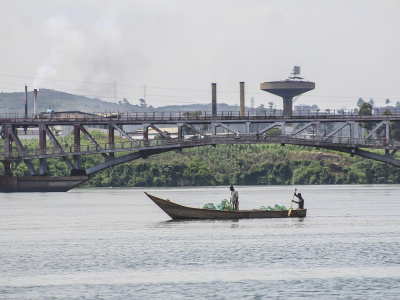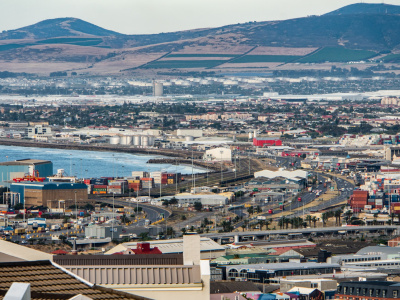
Connecting African markets and people: Streamlining regional trade and free movement protocols
Connecting people and markets within and between African countries and regions is a longstanding aspiration and a core part of the AfCFTA. Philomena Apiko, Amanda Bisong and Bruce Byiers look at how the free trade area and the AU’s free movement protocol alter the incentives shaping state relations on trade and movement of people, and how AfCFTA implementation will interact with existing regional agendas and initiatives.
Summary
Connecting people and markets within and between African countries and regions is a longstanding aspiration and a core part of the African Continental Free Trade Area (AfCFTA). In this line, the AfCFTA aims to (1) address the challenge of multiple and overlapping regional economic community memberships and speed up regional and continental integration processes, and (2) contribute to the movement of people, which aligns with the African Union Free Movement Protocol (AU-FMP).
This paper discusses these two objectives and looks at how the AfCFTA and the FMP alter state relations on trade and movement of people, and how AfCFTA implementation will interact with existing regional agendas and initiatives. It looks at policy statements and the political economy dynamics likely to shape integration and cooperation efforts, and helps identify policy priorities for African stakeholders at the national, regional and continental levels, as well as their external partners.
We find that rather than streamlining regimes, the coexistence of continental and regional frameworks creates parallel processes. As it stands, the AfCFTA and the FMP will coexist with a regional subset of distinct trade and free movement regimes in negotiations, institutional set-ups and implementation. More coordination between continental and regional processes is therefore needed, possibly complemented by sui generis agreements with different regional bodies. Policymakers and their partners should also seek stronger links between the AfCFTA and the FMP and identify where these could help create traction for existing regional processes, as well as where existing regional processes can support AfCFTA and FMP implementation.
This paper was produced as part of the second phase of our project on the political economy dynamics of regional organisations in Africa – PEDRO II.






